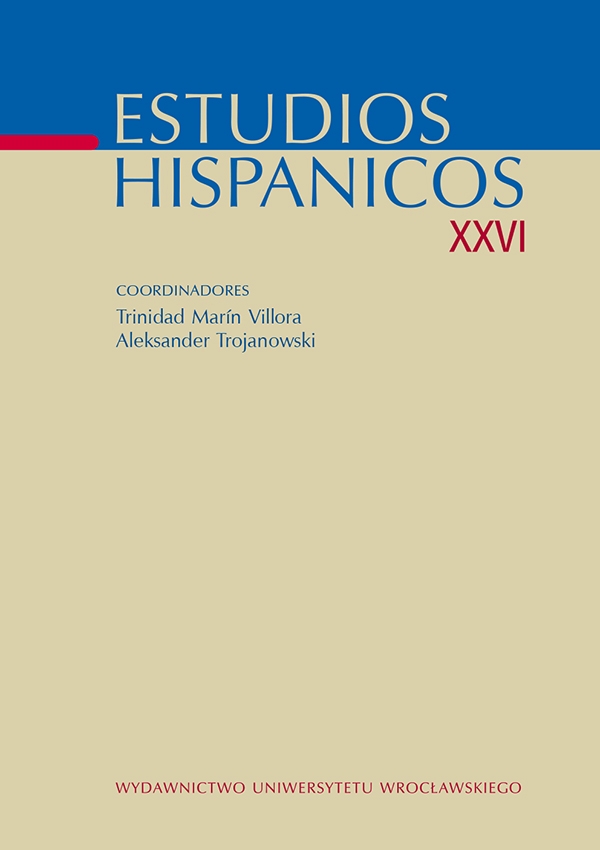

Varia

“…andábame a amolar o «pensamento»…” — the voice of the excluded in A Esmorga by Eduardo Blanco Amor in the eve of the sociolinguistic reflexion in Galicia
Goals: In this paper we analyse the sociolinguistic situation of the Galician-speaking representatives of the bottommost social class just after the Spanish Civil War the 50’s. This context is depicted in the novel A Esmorga of E. Blanco Amor. We introduce the notion of point of view Bakhtin, Bartmiński in order to analyse the world portrayed in the novel through the perception of the proper “esmorgantes”.
Methodology: Analysis of the distribution of voices in A Esmorga and its sociolinguistic repercussions according to the theory of polyglossia of Mikhail Bakhtin and Das sprachliche Weltbild of E. Sapir and B. Whorf. Comparison of the vision of the world presented by Blanco Amor with the sociolinguistic insights of R. and X. Montero.
Results: The voices in the novel are divided into the voice of power of the judge and the oppressed voice of the accused as a conscious election in which the word is given to the excluded.
Conclusions: A Esmorga is a novel in which the reader finds a heterotopic vision of the world, divided between two voices and viewpoints. The esmorgantes reach the limits of human behaviour, although through this bordering experience they encounter a new language, the language of the truth.